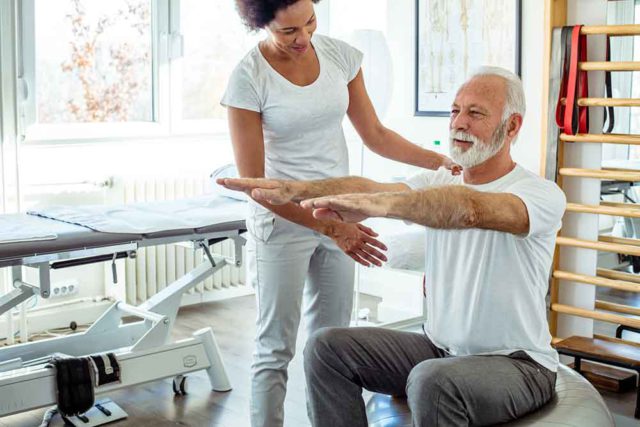
You may have a number of tests and investigations while we are caring for you. Many involve a short appointment with a specialist and you have most of them during an outpatient visit. You may have a range of tests and investigations at the same appointment.
They help us to:
Blood tests (phlebotomy)
They involve taking samples of your blood which are then checked in a laboratory. It is commonly used to look for signs of swelling or changes in the bones.
Injections
Sometimes as part of your treatment you may be referred for a steroid injection. These injections are used to help reduce inflammation and pain to allow you to move more freely.
CT scan
CT is short for computerised tomography. It is also known as a CAT (computer-axial tomography) scan. It uses x-rays to take a series of detailed pictures of the soft tissues inside of your body. A computer then builds these into a three-dimensional image. These scans look at bones and joints in more detail than an x-ray
MRI scan
Magnetic resonance imaging (MRI) uses strong magnetic fields and radio waves to take very detailed pictures from almost every angle to produce two and three-dimensional images of the inside of your body. An MRI scan is painless and harmless. You may need to prepare for a MRI scan – your appointment letter will explain what to do. These scans look at muscles, tendons and ligaments.
Ultrasound scan
This uses high-frequency sound waves to create an image of a part of the inside of your body. You do not need to prepare for an ultrasound scan. These scans look at muscles, tendons and blood vessels.
X-Ray
X-Ray uses a type of radiation that can pass through the body to produce images of the inside of the body. This scan looks at bones and joints.
DEXA scan
A DEXA scan uses a type of x-ray to measure the density of your bones. It is also know as a bone density or densitometry scan. You do not need to prepare for this type of scan.
You can self-refer into community physiotherapy services. Simply call 0207 871 0545 to make an appointment. Your initial contact with one of our chartered physiotherapists may be over the phone, where you will either be given advice on appropriate treatment, or a face-to-face consultation will be arranged.
Should you wish to speak to your GP first, simply make an appointment with your local practice. If your GP refers you, one of our patient care advisers will contact you within 48 hours to arrange an appointment.